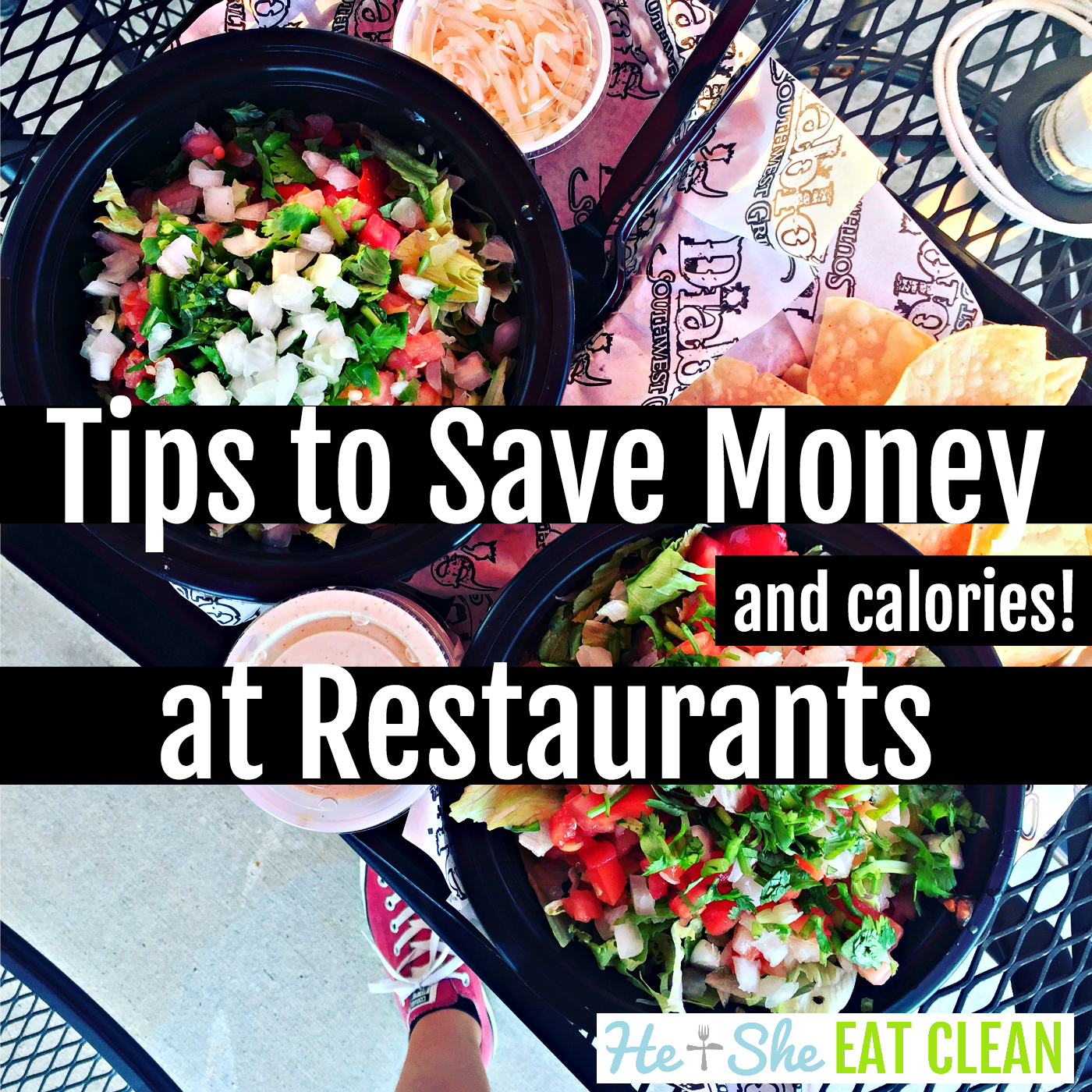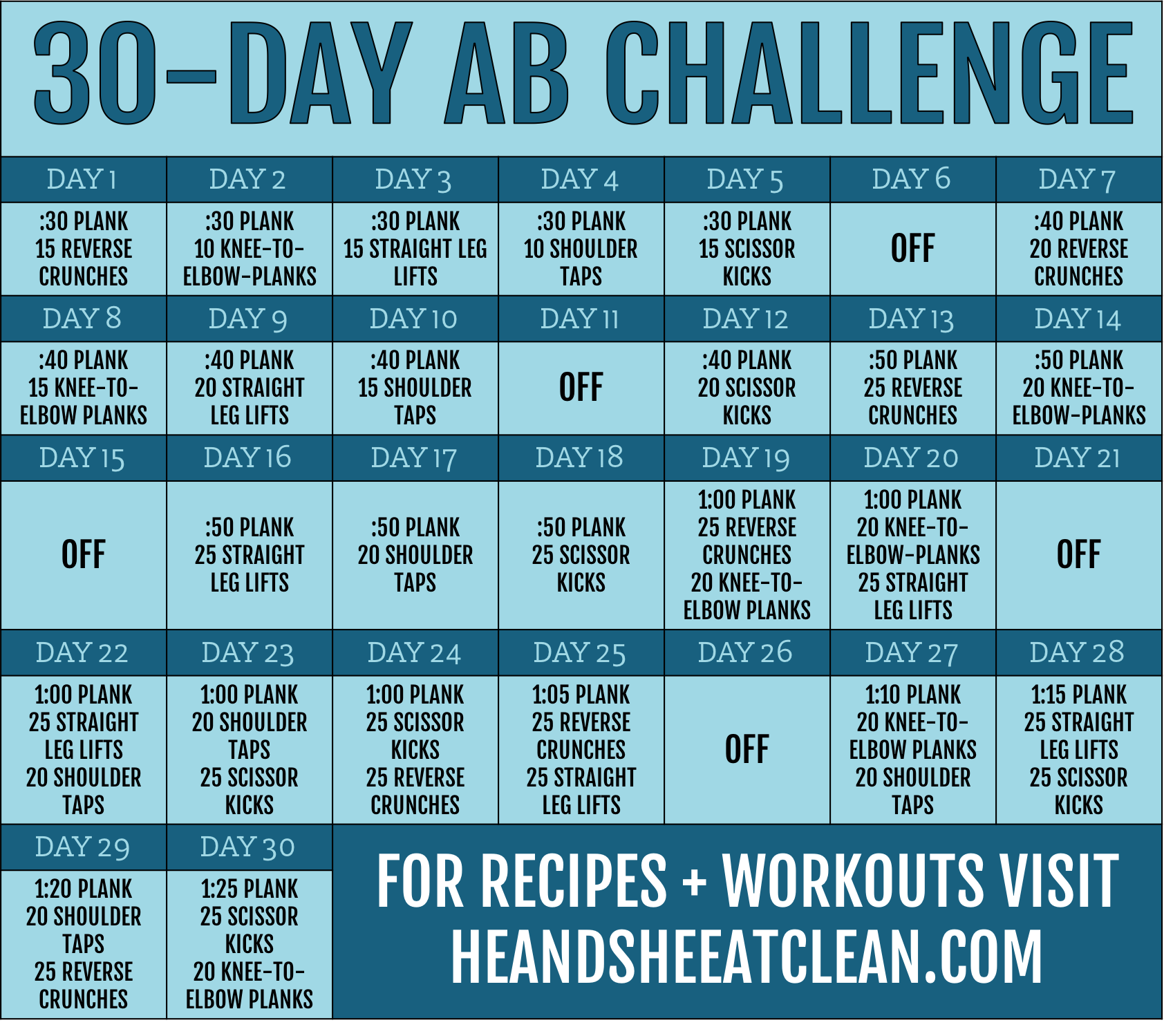Cable sucks…seriously! Or should I say “cable companies suck!” Cable providers force you to pay for more content than you will ever watch, so why are you still paying nearly $1,500 annually when you could be spending less than 20% of that? Recent research shows that cable subscribers are paying an average of just under $105 per month and this doesn’t include real and faux taxes, cable box fees and other additional costs (source).
We cut the cord a few years ago and we’re glad we did. I guess I should point out that we don’t watch much TV, so it’s probably easier for us than most people to give up the channels that air the programs that you’ve become die-hard fans of over the years but it can be done!
There are several different options on the market nowadays and this article does a great job explaining many of the alternatives, but I’m going to focus on the few measures we’ve taken to cut the cord.
>>>>> The Ultimate List of Ways to Save: 18 Ways to Save $15,000 in 2018!
>>>> Ever feel like you need to detox your money?
Disclosure: This post may contain affiliate links. Check our disclosure policy for more details.
How we ditched cable TV but still watch our favorite shows AND sports!
- Mohu Leaf
The cheapest and easiest way to tap into primetime content is to use an antenna to pick up the digital signal of your local networks such as ABC, Fox, NBC, and CBS. The only catch is that you have to live close to (or in) a major metro area in order to pick up a station’s signal, but the good news is that you can find out your signal strength based on your address by using this link.
Annual savings = $1,370
- Netflix
The advantages and interest in Netflix are well-documented nowadays…unlimited subscriptions are $7.99 for the digital (unless you want to run the service on more than one screen at a time) and some of the Netflix original series are great (like Stranger Things, Narcos, and Longmire).- You need to have a Smart TV or some other extension like a Roku, XBOX, PlayStation 4, or Apple TV in order to run Netflix, but most people already have access to at least one of these devices. We use the Roku stick which is very convenient and can be found on Amazon for $50.
Annual savings = $1,350
The Amazon Prime service is $99 annually (or $49 for students and teachers), but comes with more than just streaming video services. They also offer a 30-Day Free Trial (see link below). Amazon Prime includes so many benefits, so the cost of instant video is actually nominal when you take those benefits into account. You can find many of the same TV programs and movies that Netflix offers (minus the Netflix Originals), so this may be a good option if you just want to watch TV occasionally and don’t care to get deep into a certain series.
Annual savings = $1,440 (because we’d spend the $99 on Prime anyway)
- SlingTV
Sling is a great replacement to cable if you want to do some surfing and have access to a large variety of content and watch your favorite shows live. There are three different packages from Sling – Orange, Blue or Orange and Blue combined. You can see which channels are included in each package by visiting Sling’s website.- We subscribe to the Orange package because I mostly watch ESPN, but it includes access to other great channels like AMC, Comedy Central, HGTV and the History channel. Sling is ideal for those that spend about 5-10 hours a week watching TV.
Annual savings = $1,200
With our setup – the Roku Stick, Sling TV and Netflix – we saved about $1,000 per year by cutting the cord (enough to pay for most of our annual ski trip to Jackson Hole!). So, what are you waiting for? Free yourself of the cords and start saving some big money!

















![#ProgressIsPerfection [3 Simple Ideas to Reach Your Goals]](https://images.squarespace-cdn.com/content/v1/555c964fe4b07d15252a8927/1520969172984-7HDOHI6ZRM0PCZCZ7O67/progress-is-perfection-silk-he-and-she-eat-clean2.jpg)





